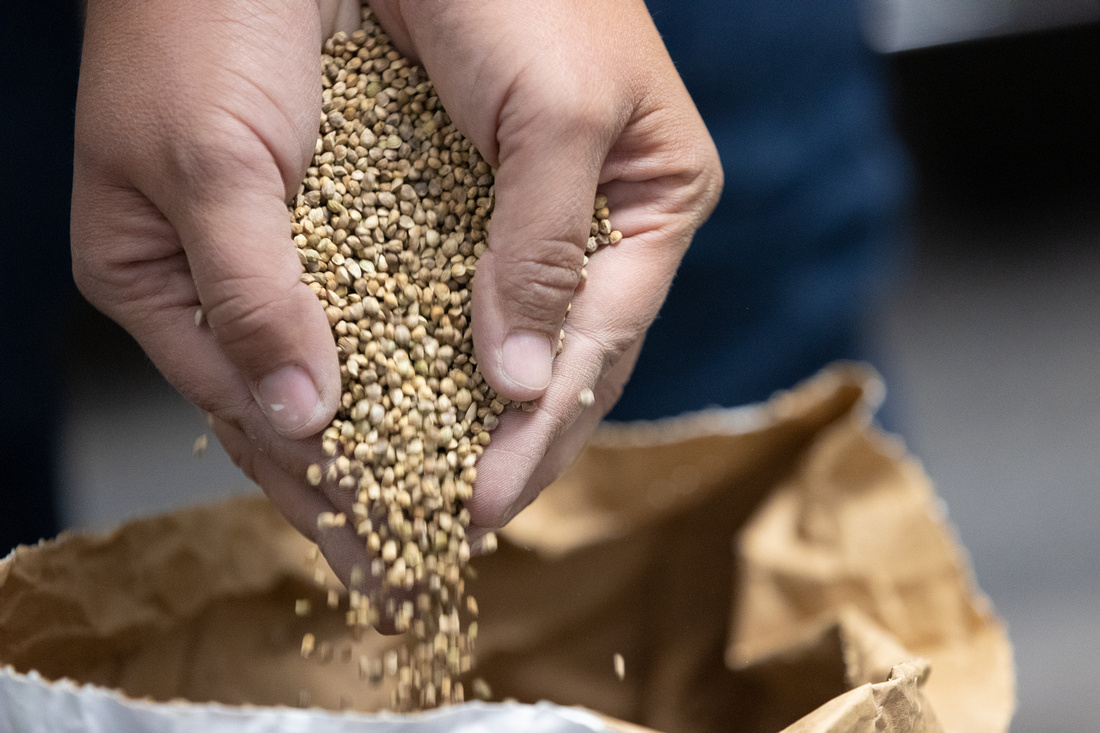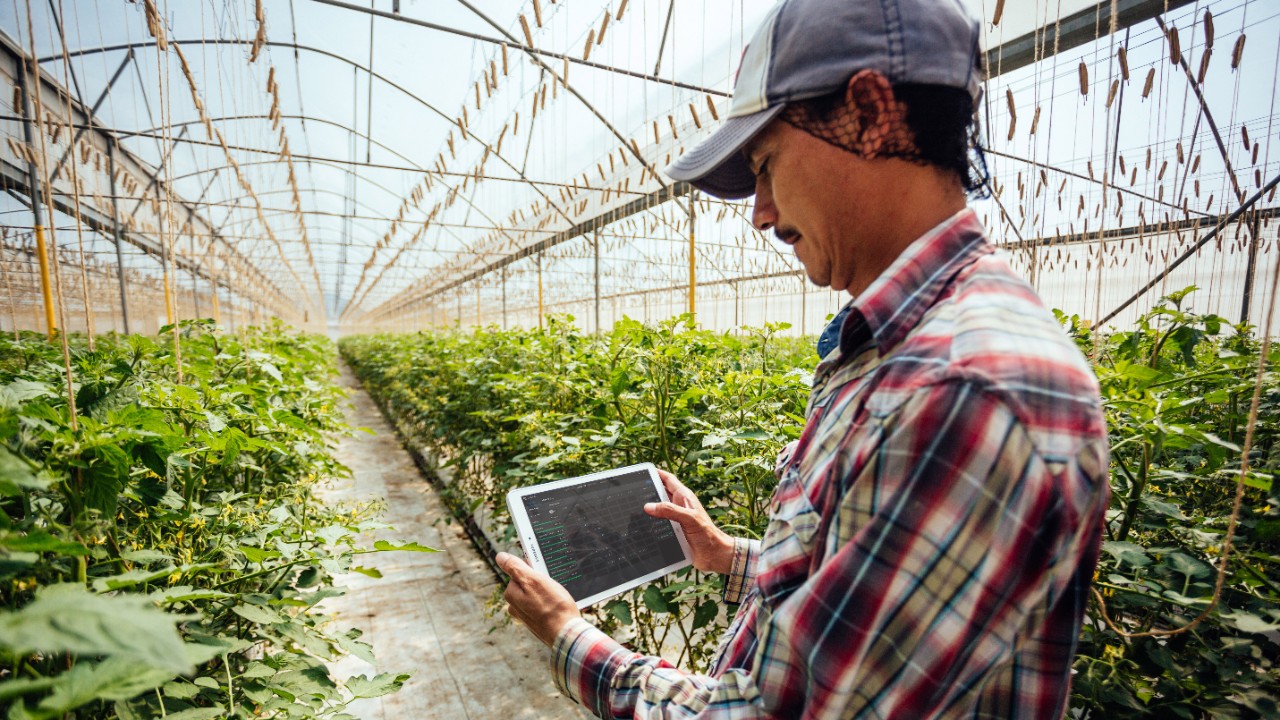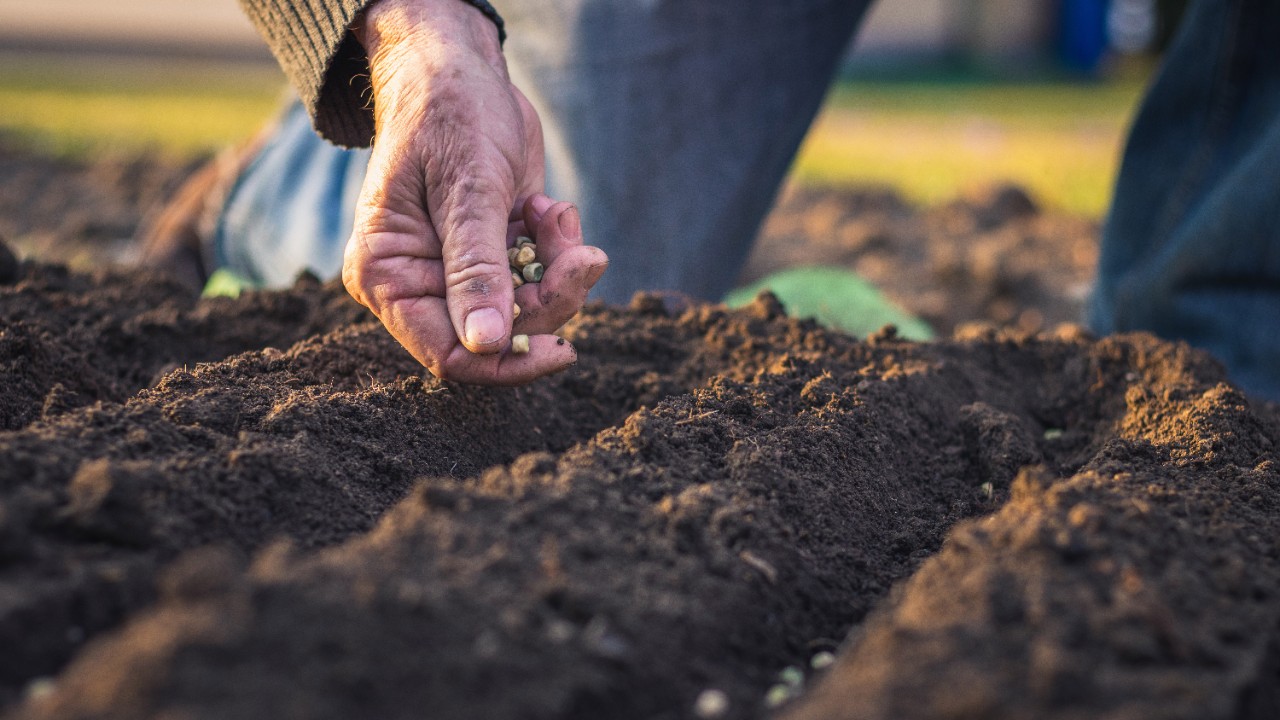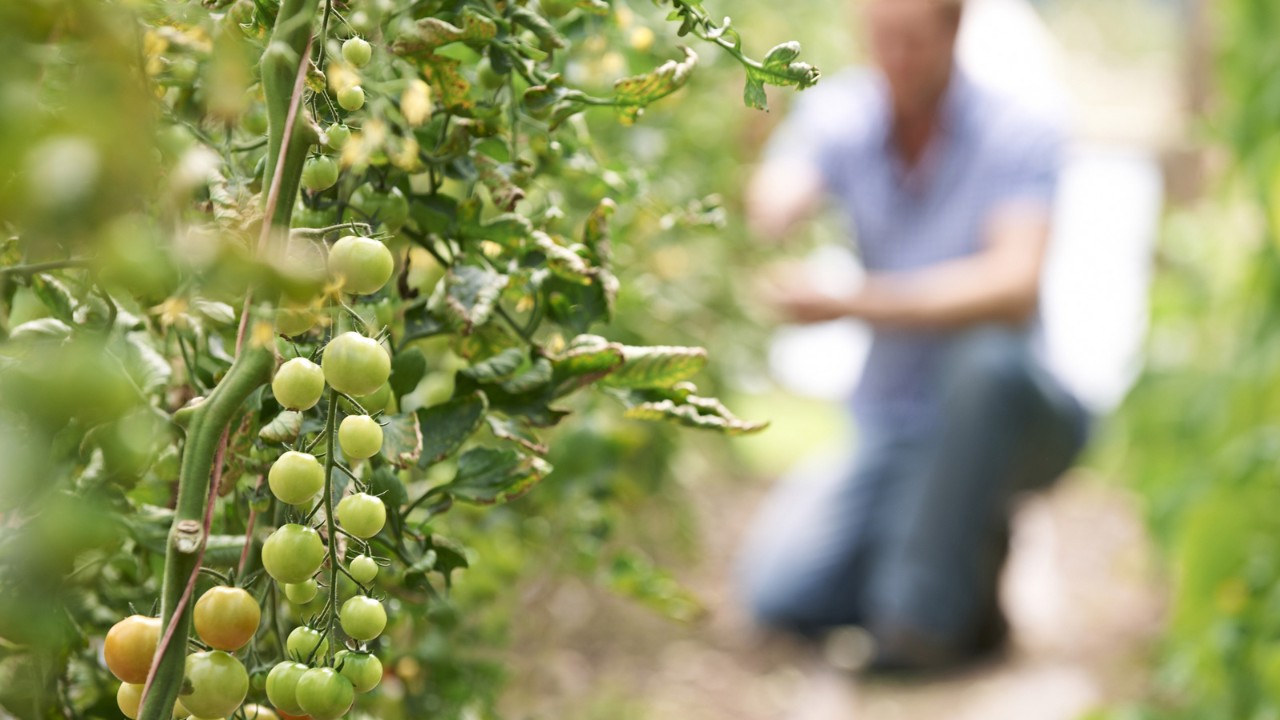What Are Neonicotinoids?
Nitroguanidine neonicotinoid insecticides (NNIs or neonics) are a class of systemic insecticides that control a wide variety of different insect pests. Neonics are registered as seed treatments for application to seeds prior to planting or as foliar sprays to control insect pests in many vegetables crops. This class of insecticides was first commercialized in the 1990’s and causes less toxicity in birds and mammals compared to organophosphate and carbamate insecticides. U.S. EPA registered certain neonic seed treatments under the agency’s reduced risk program, acknowledging both the selective activity of neonics and the targeted nature of seed treatment applications. The neonic family includes the active ingredients clothianidin, imidacloprid and thiamethoxam. Neonic seed treatments, which include products branded as Poncho®, Gaucho® and Cruiser®, have been registered in more than 120 countries.
How Do Seminis® Customers Use Neonic Seed Treatments?
Neonic seed treatments provide systemic activity for above and below ground insects and control multiple pests. Neonic insecticides are part of Seminis’ seed treatment portfolio in cucurbits, brassica vegetables, leafy vegetables, root and bulbs and sweet corn and are offered in combination with fungicides to control diseases.
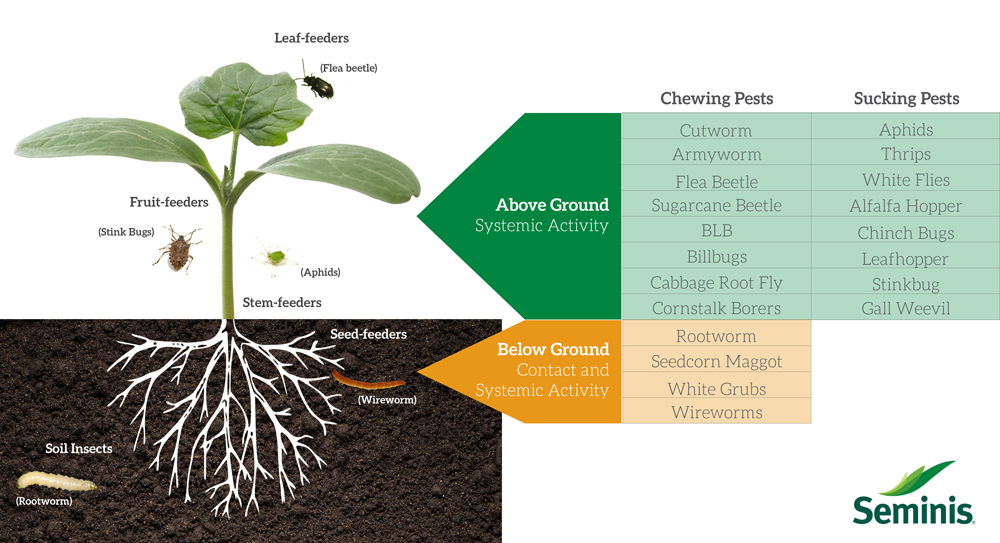
NeoNics are effective against a variety of pests that feed in different ways (examples only not crop specific):
Can I Purchase Neonic-Treated Vegetable Seed?
Seminis offers seed treatments to growers to protect the yield potential and their investment in germplasm/seed. Our nonics are sold as part of our FarMore® FI400 and FarMore® FI500 offerings and include Cruiser® 5FS and Cruiser®70WS. Furthermore, Poncho® 600 is sold as our insecticide seed treatment choice in sweet corn in combination with selected fungicides. All products are registered for seed treatment use on vegetable crops and/or seed and are applied according to U.S.-EPA approved labels.
Can I Plant Neonic-Treated Vegetable Seed Anywhere in the US, Canada, and Mexico?
Vegetable seed treated with Cruiser® 5FS, Cruiser® 70WS and Poncho® 600 can be planted on all privately owned land in the U.S. As of January 2016, neonic insecticides are not allowed in agricultural practices used for wildlife management on public land managed by the National Wildlife Refuge Service. Vegetable seed treated with Cruiser® 5FS, Cruiser® 70WS and Poncho® 600 as part of our seed treatment options can be imported for cultivation into Mexico. Only FarMore® FI400-treated cucurbit seed and Poncho® 600 sweet corn can be imported and cultivated in Canada.
What Do We Know About the Risks to Bees Associated With Seed Treatment Uses of Neonics?
It is known that dust from planting treated seed is a potential source of honey bee exposure to neonics. A grower’s stewardship practices and communication with nearby beekeepers can limit such dust exposure. Some studies also assert that exposure to crop plants grown from neonic treated seed may also cause adverse effects; however, these studies often rely on unrealistic doses or atypical exposure routes that limit their utility. A large body of credible scientific information supports a conclusion that the use of neonics in agricultural settings is not a primary cause of Colony Collapse Disorder or likely to result in long term declines of honey bee colonies.
What Is Being Done by Monsanto To Reduce the Risk of Honey Bee Exposures to Neonic Seed Treatments?
Monsanto develops its seed treatment program to ensure the integrity of the coating and minimize dust generation during planting. Furthermore, Monsanto has established a seed treatment stewardship plan that based in part on recommendations developed by the American Seed Trade Association (ASTA) and CropLife America (CLA), which can be found at http://seed-treatment-guide.com.
Why Do Farmers Use Seed Treatments?
Seed treatments provide targeted agricultural pest control. This type of targeted application reduces the risk of exposures for humans and the environment by allowing growers to only treat about 1% of the planted area compared to foliar sprays. Insecticidal seed treatments including neonics can eliminate the need for other early season insecticide treatments, prevent pest establishment, and control disease vectors. Seed treatments also provide value because growers cannot generally predict before planting what pests a crop may face, and once an outbreak occurs, it cannot be remediated. Further, seed treatments reduce the need for specialized pesticide application equipment and the number of trips through the field, which can help to result in less crop damage, less fuel consumption and reduced greenhouse gas emissions.
Important: Always read and follow label instructions. Some crop protection products may not be registered for sale or use in all states or counties. Please check with your local extension service to ensure registration status. FarMore FI400 Cucurbits contains Cruiser® 5FS insecticide and three fungicides: Apron XL, Maxim 4FS and Dynasty. FarMore FI400 Leafy contains Cruiser® 70WS insecticide and three fungicides: Apron XL, Maxim 4FS and Dynasty. FarMore FI500 Onion contains three fungicides: Apron XL, Maxim 4FS and Dynasty and two insecticides: Regard® and Cruiser 70WS. Apron XL®, Cruiser®, Dynasty®, FarMore®, Maxim® and Regard® are registered trademarks of a Syngenta Group Company. Poncho® and Gaucho® are registered trademarks of Bayer. Seminis® is a registered trademark of Seminis Vegetable Seeds, Inc.
